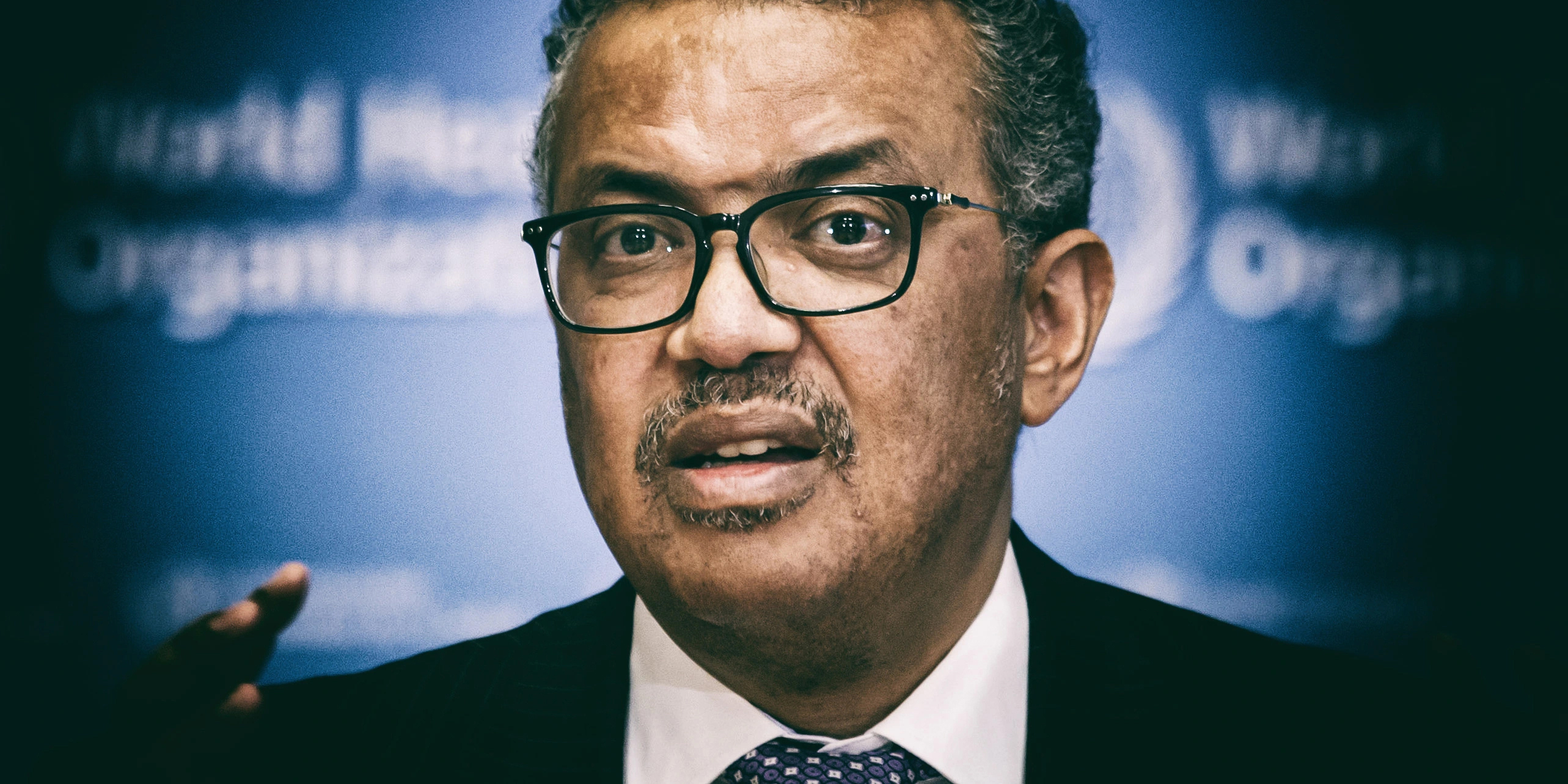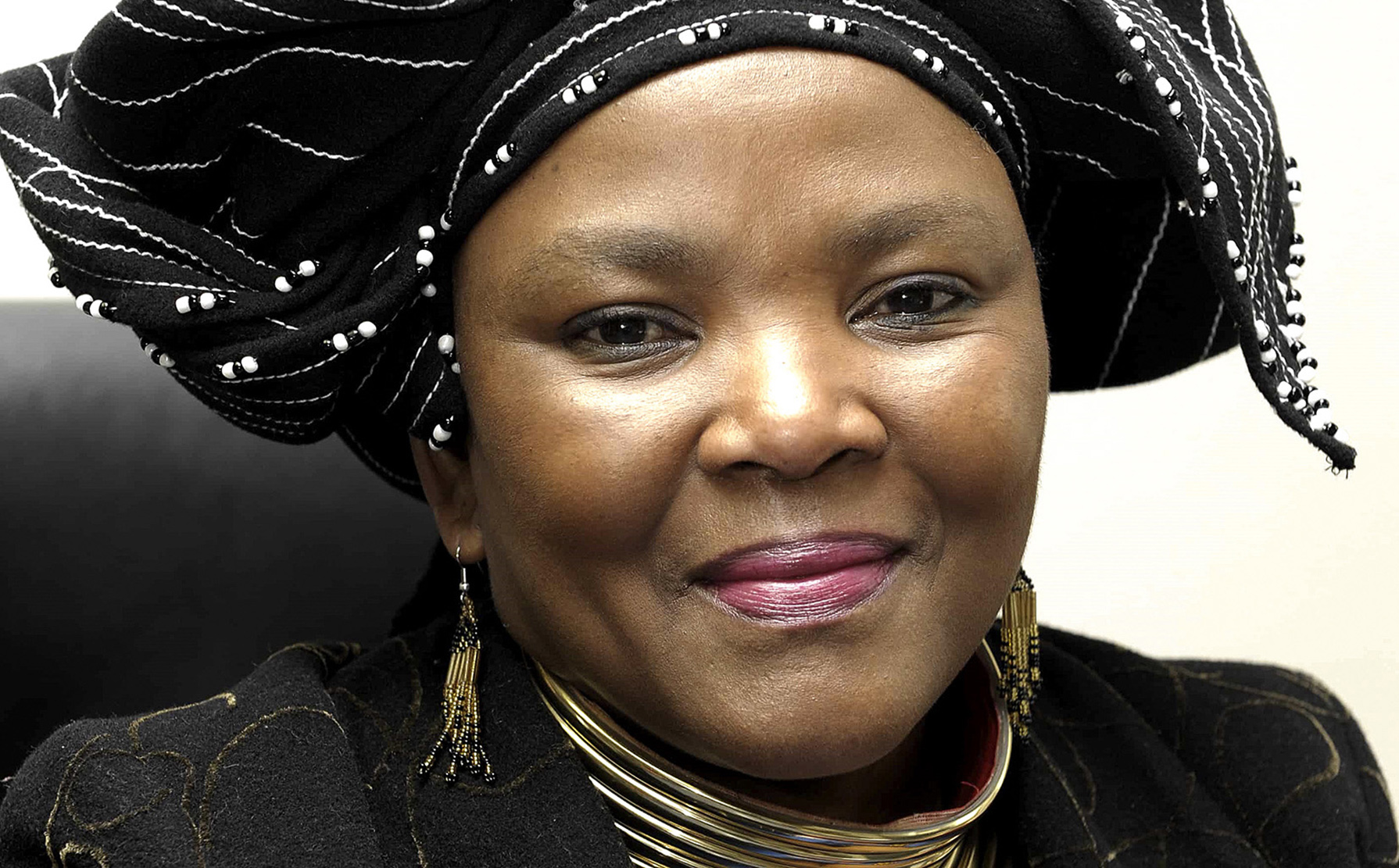PUBLIC HEALTHCARE OP-ED
The role of provincial health departments in creating a wellbeing society – a new name, a new direction?

During her budget speech in March 2022, Western Cape MEC for Health Dr Nomafrench Mbombo rebranded the Department of Health as the Department of Health and Wellness, arguing that there was a need to increase focus on prevention of disease.
Dr Mbombo’s name change was criticised by some – calling it a waste of money and that the change was made without consultation with communities.
On 7 October, the new Premier of Gauteng appointed a new MEC for health and also renamed the Department of Health by adding “wellness” to its name. Again, the rationale was to increase the focus on prevention of disease and sickness.
Do the names of departments really matter? What will or should change?
Need for a paradigm shift
There is no doubt that increasing investments in and attention on prevention of disease and promoting health is important and desirable for people, the economy and society more generally.
This is not a new assertion.
In South Africa, Sidney and Emily Kark, who started the community health movement in Pholela in the 1930s and 1940s, saw the value of promoting health and preventing disease. Globally, the importance of primary healthcare based on prevention as well as a new international economic order was acknowledged in the Alma Ata Declaration in 1978 with prevention and wellbeing being emphasised in the follow-up Astana Declaration in 2018.

World Health Organization Director-General Tedros Adhanom Ghebreyesus. (Photo: EPA-EFE / Salvatore di Nolfi)
This point was reinforced recently by the Director-General of the World Health Organization, Dr Tedros Ghebreyesus during his address to the 150th session of the WHO’s Executive Board in January 2022. He urged a paradigm shift to: (a) promoting health and wellbeing and preventing disease by addressing its root causes; and (b) strengthening primary healthcare as the foundation of universal health coverage.
Dr Tedros repeated this message at the opening of the World Health Summit on 16 October 2022 when he called for a “new global approach that prioritises promoting health and preventing disease, rather than only treating the sick” and called for a “paradigm shift towards promoting health and preventing disease, recognising that health starts not in hospitals and clinics, but in homes, streets, schools, workplaces”.
Visit Daily Maverick’s home page for more news, analysis and investigations
There is significant evidence that “an ounce of prevention is worth a pound of cure” as reflected for example in the World Health Organization’s best buys for the prevention and control of non-communicable diseases.
However, does it matter that departments of health rebrand themselves? Will this change their focus from illness to wellness? Or what should they do to achieve the paradigm shift that Dr Tedros called for?
Despite many calls for health systems that focus on health, as well as the rebranding of health to ministries of health and wellness, from Mauritius to Jamaica, there have been few genuine attempts to realise this vision. What should constitute a wellness or wellbeing approach within a department of health?
What does a wellness/wellbeing approach mean?
The Geneva Charter for Wellbeing, adopted in December 2021 at the 10th Global Conference on Health Promotion, called for a wellbeing society. The Charter contains five actions for global organisations and countries:
- Design an equitable economy that serves human development within planetary boundaries;
- Create public policies for the common good;
- Achieve universal health coverage;
- Address the digital transformation to counteract harm and disempowerment; and to strengthen the benefits; and
- Value and preserve the planet.
Implementing these five actions means taking health into communities, workplaces, schools – and reorienting departments of health from focusing primarily on illness through the provision of healthcare services. It means building systems for health rather than health systems alone. This requires a whole-of-government and whole-of-society approach that also takes into account our impact on our planet by creating wellbeing economies that put mental and physical health at the centre of economic activities.
One department of health in South Africa has commenced with this approach and we urge others to follow.
The Western Cape approach to wellness
The rationale for the Western Cape Department of Health and Wellness name change is articulated in its long-term vision, “Health Care 2030: The Road to Wellness” which was formally adopted in December 2013. Wellness is defined as not merely the absence of disease but the ability to maximise personal potential in all spheres of life. The vision articulates an intentional focus on prevention and the effective mitigation of the social determinants of health.
The Western Cape leveraged a strong capability for an evidence-informed and data-led Whole-of-Society approach during the Covid-19 pandemic, which places it in a good position to similarly address the social and commercial determinants of the quadruple burden of disease (communicable diseases, non-communicable diseases, high rates of maternal and infant mortality and injuries and trauma) as part of its “Reset and Recovery” strategy as we emerge from the Covid-19 pandemic.
Given the Western Cape Government’s commitment to the whole-of-society approach to jobs, safety and wellbeing of the people of the Western Cape, it is an ideal opportunity to adopt the name of the Department of Health and Wellness. This will make the focus on “wellness” more explicit and consistent. It creates the opportunity for a structured involvement of other sectors outside the healthcare system towards the shared societal goal of wellbeing.
We offer the following ideas for departments of health and wellness to consider as new ways of working:
- Allocate adequate funding and personnel for prevention and health promotion especially within the primary health care budget;
- Acknowledge and work towards realising the co-benefits of healthy societies within a wellbeing economy;
- Work across sectors on issues such as climate change mitigation and adaptation, renewable energy, sustainable food systems and urban planning;
- Engage with communities on local understanding of health and wellbeing and codesign solutions;
- Work systematically with other government departments and civil society organisations to establish areas for priority joint actions to address the social and commercial determinants of health and wellbeing; and
- Advocate with central government and Parliament to assess all policies against indicators of wellbeing. DM/MC
Yogan Pillay, Division of Health Systems and Public Health, Stellenbosch University, Stellenbosch; Keith Cloete, Western Cape Department of Health, Cape Town; Kent Buse, Healthier Societies Program, The George Institute for Global Health, Imperial College London; Anders Nordstrom, UN Policy Department, Ministry of Foreign Affairs, Stockholm.






















 Become an Insider
Become an Insider
Comments - Please login in order to comment.